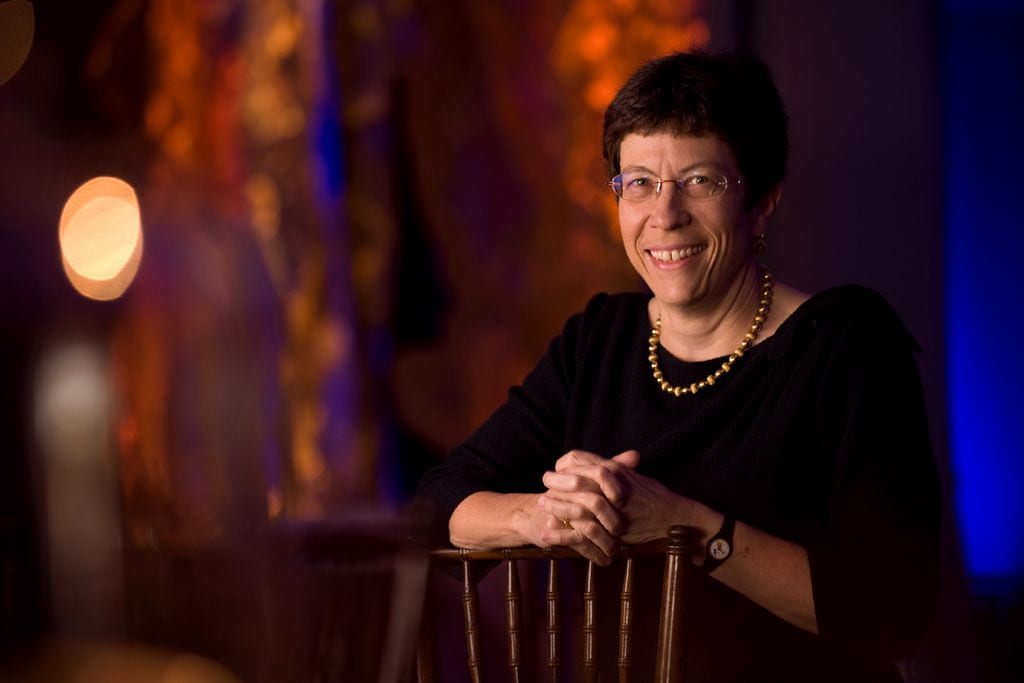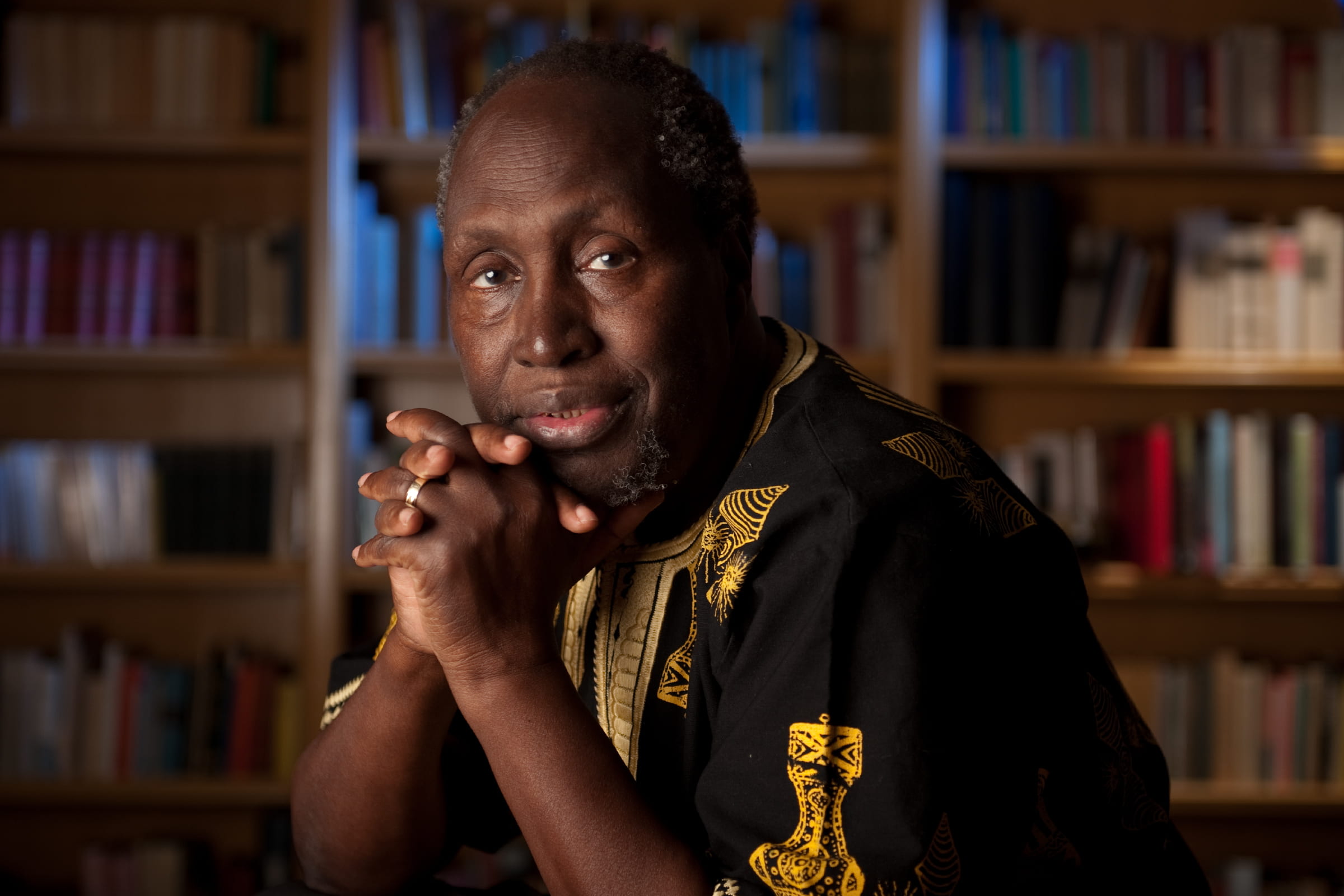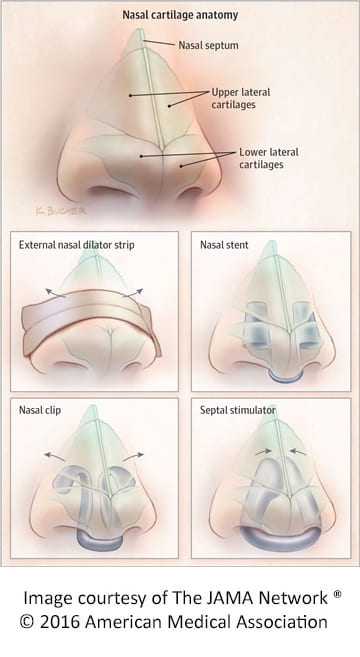Standing up for seniors
Dr. Laura Mosqueda is a pioneer in the prevention of elder abuse

UC Irvine’s Dr. Laura Mosqueda is determined to reduce the incidence of elder abuse and spread the word about efforts to safeguard at-risk seniors.
So she’s right at home as guest editor of a special issue of the Journal of Elder Abuse & Neglect, which examines the successes and challenges of confronting the problem.
“Elder abuse remains an underreported crime, despite increased education and enforcement,” says Mosqueda, director of UCI’s geriatrics program and Ronald W. Reagan Endowed Chair in Geriatrics. “I hope this double issue focuses attention on the subject and the steps being taken to protect our vulnerable elderly citizens.”
As guest editor, Mosqueda wrote the publication’s introduction, helped select and edit articles, and contributed content. Her goal was to describe the work by academics, nonprofit organizations and government agencies to stimulate new ideas, promote the replication of promising practices, and communicate lessons learned.
The issue contains a “Vision for 2020” and analyses of UCI’s Center of Excellence on Elder Abuse & Neglect and regional Elder Abuse Forensic Centers. It also recognizes the Long Beach-based Archstone Foundation’s role in funding anti-elder abuse efforts and includes an appeal from Archstone President and CEO Joseph F. Prevratil for broader support of such intervention.
Since 2000, when the foundation backed the creation of Orange County’s Vulnerable Adult Specialist Team, Archstone and UCI – through its Program in Geriatrics and Mosqueda – have collaborated on a range of projects to improve conditions for county senior citizens.
The success of the Vulnerable Adult Specialist Team, a multidisciplinary group of geriatricians and neuropsychologists providing in-home evaluation of seniors suspected of being abused, led to the development of the country’s first Elder Abuse Forensic Center in 2003. It brings together legal, medical, social services and law enforcement experts to better understand, identify and treat elder abuse; help prevent it; and determine more efficient ways of successfully prosecuting cases.
“The forensic center has evolved into an important and reliable source of information for professionals in the field of elder mistreatment,” Mosqueda says. It has served as a national model as well. In 2006, Los Angeles County agencies established a facility patterned after UCI’s. There are now four Elder Abuse Forensic Centers in California and one in New York.
“Their support has been invaluable,” Mosqueda says of Archstone, noting that the foundation’s Elder Abuse & Neglect Initiative finances nearly two dozen efforts in California, several directed by UCI.
“Years from now, when elder abuse has achieved the funding, public awareness and policymaker attention the issue deserves, we may look back on this partnership – and especially Archstone’s commitment – as a turning point,” she says.
The collaboration has had other outgrowths:
- The U.S.’s first Center of Excellence on Elder Abuse & Neglect, created in 2005 as the home for UCI-led programs, provides medical, forensic and victim services to abused and neglected seniors and acts as a “living laboratory” for innovative approaches. Statewide, the center is a central source of technical assistance, best-practices information, multidisciplinary training, useful research and relevant policy issues.
- The first-of-its-kind Elder Abuse Training Institute is devoted to educating legal, medical, social services, law enforcement and government personnel about all aspects of elder abuse. Clients include the Illinois Health Cares program, California Supreme Court judges, prosecutors from the California District Attorneys Association, the National District Attorneys Association, Los Angeles County and Orange County sheriff’s investigators, aging-services professionals from the North Dakota Department of Human Services, and the Aged Rights Advocacy Service in Australia.
In addition, UCI has led the way with groundbreaking research. In March, a university team published “Screening for Abuse & Neglect of People with Dementia” in the Journal of the American Geriatrics Society. The group also studied bruising as a marker for elder abuse, which has changed how law enforcement investigates and prosecutes cases.
“We, as a nation, must act upon a commitment to value our elders whether they are vigorous or frail, lucid or demented, independent or in need of a helping hand,” Mosqueda says. “After all, it’s what we want for our grandparents, our parents and ourselves.”

